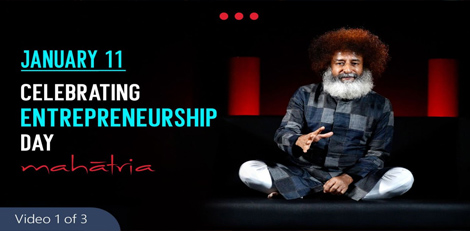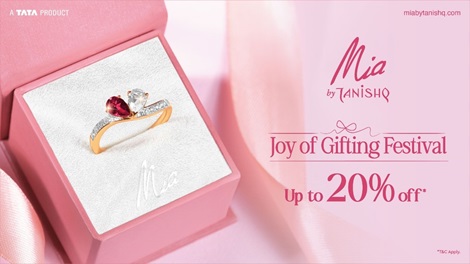Will WhatsApp be banned in India
Posted on: 11/Apr/2016 3:37:23 PM

Recently WhatsApp declared that when you and your contacts use the latest version of the app, every call you make, and every message, photo, video, file and voice message you send, is end-to-end encrypted by default, including group chats.
Under the current law, OTT or Over The Top services like WhatsApp, Skype, Viber, are not regulated for encryption, like the telecom services providers are,
As per Indian rules, online services are only permitted to use up to 40-bit encryption. WhatsApp on the other hand offers 256-bit key for encryption of all chat messages. If they need to use higher encryption standards, they need to seek permission from the government, and the way WhatsApp is setup, it seems a bit too difficult to obtain the same. In order to get the required permissions and green flags from the Indian Government, WhatsApp needs to submit the keys.
While the end-to-end encryption of messages offered by WhatsApp may be a boon to around 70 million users in India, the state agencies may not take the end-to-end encryption in their strides, and may soon bring out rules for regulating OTT service providers.
Terrorist operative groups keep scouting for messenger apps that offer end-to-end encryption to communicate and hatch terrorist operations and evade surveillance.







